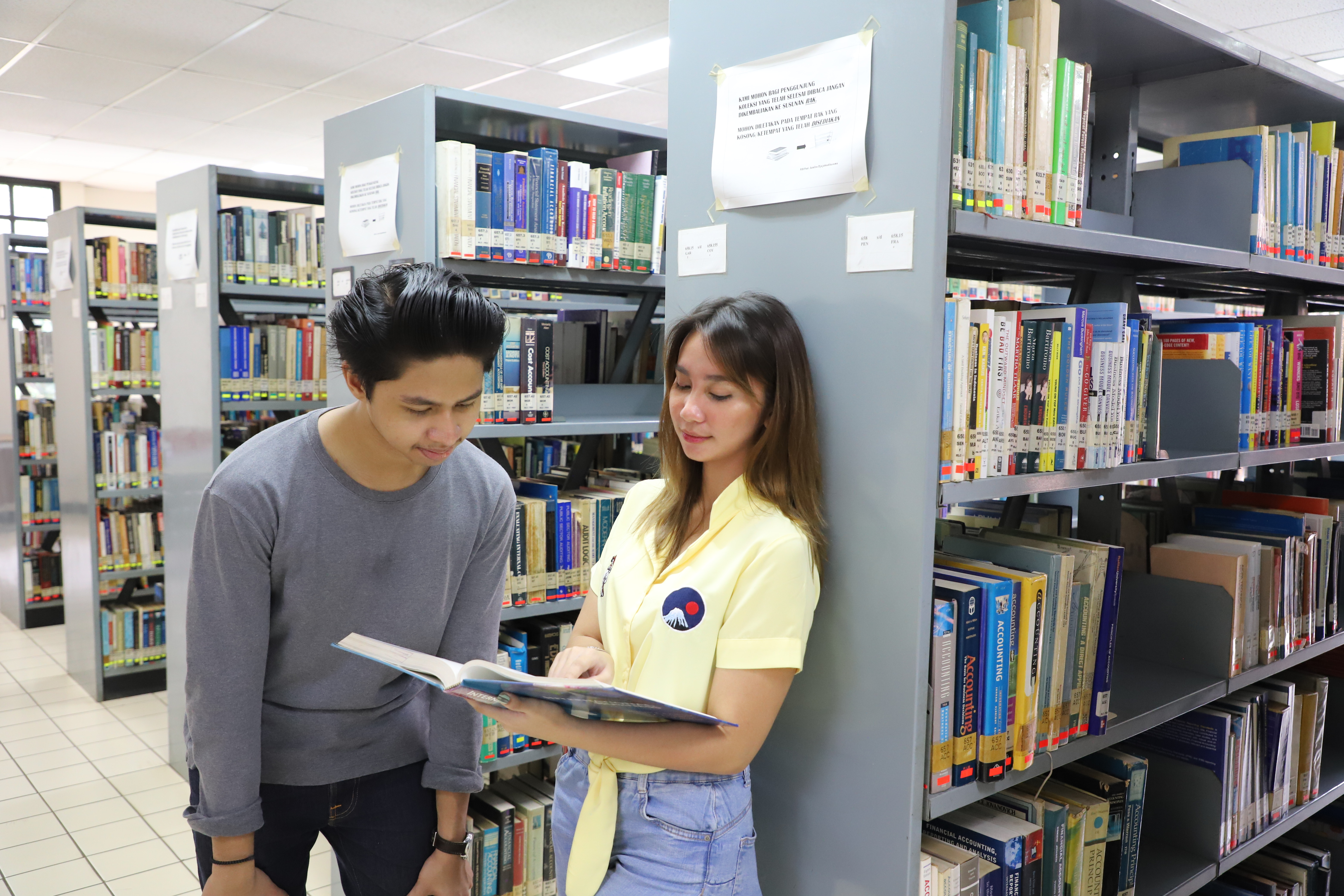PPA FEB UI Webinar and Center for Financial Professional Development: Sustainability Reporting and Sustainable Finance
Rifdah Khalisha – Public Relations FEB UI
DEPOK – (10/9/2021) In the framework of the 2021 Financial Profession Quality Index Survey, the Accounting Development Center (PPA) FEB UI together with the Financial Professional Development Center (PPPK) held a webinar with the theme “Sustainability Reporting and Sustainable Finance” on Friday (10 /9). Presenting the best resource persons, Dr. Ali Darwin, Ak., M.Sc. (Chairman and Executive Director of the National Center for Sustainability Reporting) and Luluk Widyawati, Ph.D. (FEB UI Lecturer – Sustainability Reporting Expert).
Dr. Ali explained that, “Every country has a different climate and season. However, drastic climate changes has occurred in the last 3 decades. Until now, the intensity of climate change and natural events is getting more frequent, such as storms, floods, hot temperatures, and the like.”
“Some groups do not consider it just a natural event, but an event caused by human actions that damage the environment, including corporate activities. Indeed, environmental damage has occurred since the industrial revolution era in 1850, when the massive use of coal, gasoline, fuel oil, and other ozone-depleting substances began. These activities are certainly dangerous for the Earth; therefore companies need to compile a sustainability report.” he said.
If humans do not take any action, scientists predict the impact of global warming will worsen. There is no way out but to recognize, manage, and change it.
Burtland, Chair of the World Commission on Environmental and Development, in the commission report Our Common Future (1987) introduced the concept of sustainable development or sustainable development, namely development to meet the needs of the present generation, without interfering with the fulfillment of the needs of future generations.
Furthermore, the President of the Republic of Indonesia also issued Presidential Regulation Number 59 of 2017, concerning the Implementation of Achieving Sustainable Development Goals (SDGs), or sustainable development goals (TPB).
Basically, sustainability means the sustainability of the earth and all its contents, consisting of 3 dimensions. These are the economic, environmental, and social dimensions. While sustainable means environmentally friendly and social awareness.
Strategic Sustainability Management (SSG) is a guideline for companies to conduct business based on the principles of sustainability. Meanwhile, sustainability reporting is an organizational practice to report publicly on economic, environmental, and social impacts. This includes its contribution to sustainable development.
“The production of a sustainability report aims to provide an overview of the challenges for society and the environment; recognize the importance of a sustainability management system; understand the role of sustainability reporting in increasing corporate transparency and accountability; as well as building competencies and capabilities in the field of sustainability,” he said.
Next, Ms. Luluk discussed the regulations, standards, and ratings of sustainability reports. In Indonesia, several regulations contain the obligation to compile a sustainability report, including Presidential Regulation Number 59/2017 and Government Regulation Number 47/2012.
The government has a national target to meet the TPB so that companies and business players need a reference for carrying out operations related to the planning, implementation, and monitoring of various TPB initiatives. In addition, companies that conduct business activities in the field and/or related to natural resources must be socially and environmentally responsible.
In terms of sustainable finance, OJK has issued a Roadmap for Sustainable Finance Phase II (2021 – 2025). In the Phase I Roadmap, the Financial Services Authority (OJK) Regulation Number 51/POJK.03/2017 requires Financial Services Institutions, Issuers, and Public Companies to compile and submit a sustainability report to OJK every year. If separated from the annual report, it can be submitted no later than April 30 of the following year. Also effective gradually.
To support this regulation, according to OJK Circular Letter Number 16/SEOJK.04/2021 in the Phase II Roadmap, the sustainability report should at least contain an explanation of the sustainability strategy, an overview of sustainability aspects (economic, social, and environmental), a brief profile, an explanation of the board of directors, governance sustainability, sustainability performance, and the company’s response to the previous year’s report feedback. If available, the company may attach a written verification from an independent party and a feedback sheet for readers.
Ms. Luluk said, “Internationally, most companies present sustainability reports by referring to the standard framework of The Global Reporting Initiative (GRI) or The Value Reporting Foundation. On certain topics that are more specific, you can refer to The Carbon Disclosure Project (CDP), The Climate Disclosure Standards Board (CDSB), or The Task Force on Climate-related Financial Disclosure (TCFD).”
She continued “Then, there will be several other frameworks in the next few years, such as The Task Force Natural-related Financial Disclosure (TNFD), a report that provides a complete picture of environmental aspects—especially biodiversity—for companies and financial institutions. In addition, there are also IFRS: The Consultation Paper on Sustainability Reporting, Updates of The GRI Standards, and Reporting on Sustainable Development Goals.”
For investors who want to invest in a company, they should use the services of sustainability rating agencies to convert company report data on sustainability performance into ready-to-use data, in the form of ratings, rankings, or scoring. This will facilitate investors to choose the right company that implements sustainability in its operations. (hjtp)
(am)

